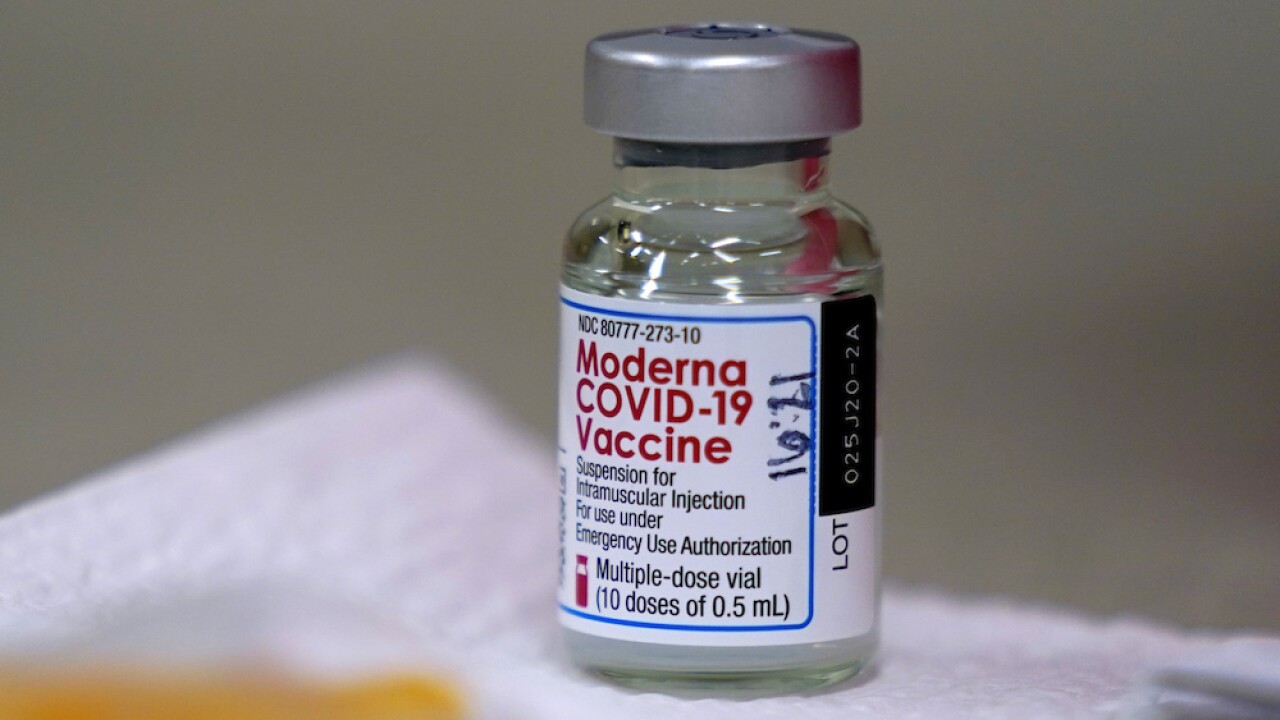Moderna announced Tuesday that it had begun Phase 2/3 testing of its COVID-19 vaccine in children.
In a statement, the company said it will enroll 6,750 children between the ages of 6 months and 11 years old across the U.S. and Canada.
The two-part phase of testing will first test the effect of different doses of the vaccine in children — children younger than 2 will receive either a 25, 50, or 100 microgram dose, while children between 2 and 11 will receive either a 50 or 100 microgram dose. All children will receive two doses, spaced 28 days apart.
Once researchers determine which level of dosage is most effective, they will move on to the second phase of the experiment, which will introduce a “placebo,” or control group. The children in the control group will receive a saline shot, which will do nothing, while the children in the other group will receive the vaccine.
Moderna will monitor routinely monitor those children for a full year after receiving an injection.
“We are pleased to begin this Phase 2/3 study of mRNA-1273 in healthy children in the U.S. and Canada and we thank NIAID and BARDA for their collaboration,” said Stéphane Bancel, Chief Executive Officer of Moderna. “It is humbling to know that 17.8 million adults in the U.S. have received the Moderna COVID-19 Vaccine to date. We are encouraged by the primary analysis of the Phase 3 COVE study of mRNA-1273 in adults ages 18 and above and this pediatric study will help us assess the potential safety and immunogenicity of our COVID-19 vaccine candidate in this important younger age population.”
Currently, COVID-19 vaccines are only approved for emergency use for people older than 16 years old.
Pfizer is currently conducting research on its COVID-19 vaccine in children, and Johnson & Johnson has announced plans to soon study its vaccines in teenagers.
During a COVID-19 response team briefing in February, Dr. Anthony Fauci said he expects that the earliest adolescents could be approved for the vaccine would be this fall, while younger children may not be eligible until early 2022.





